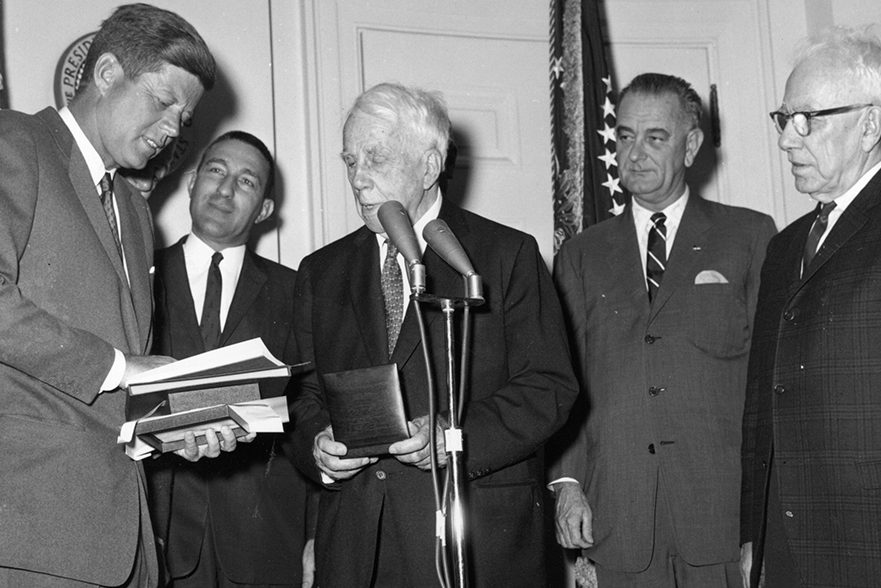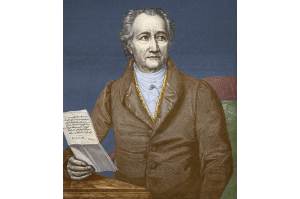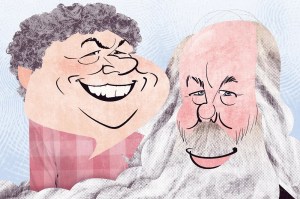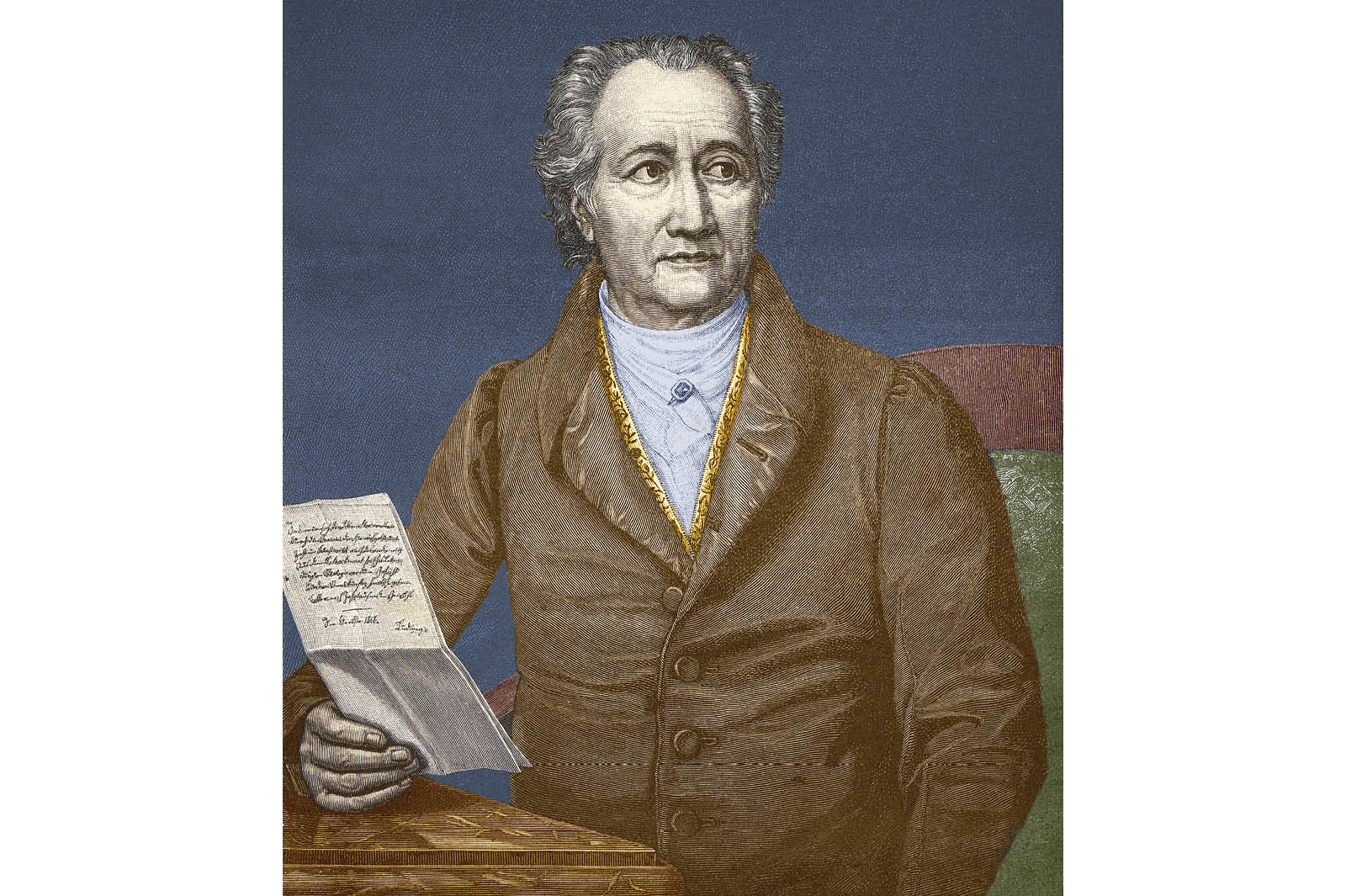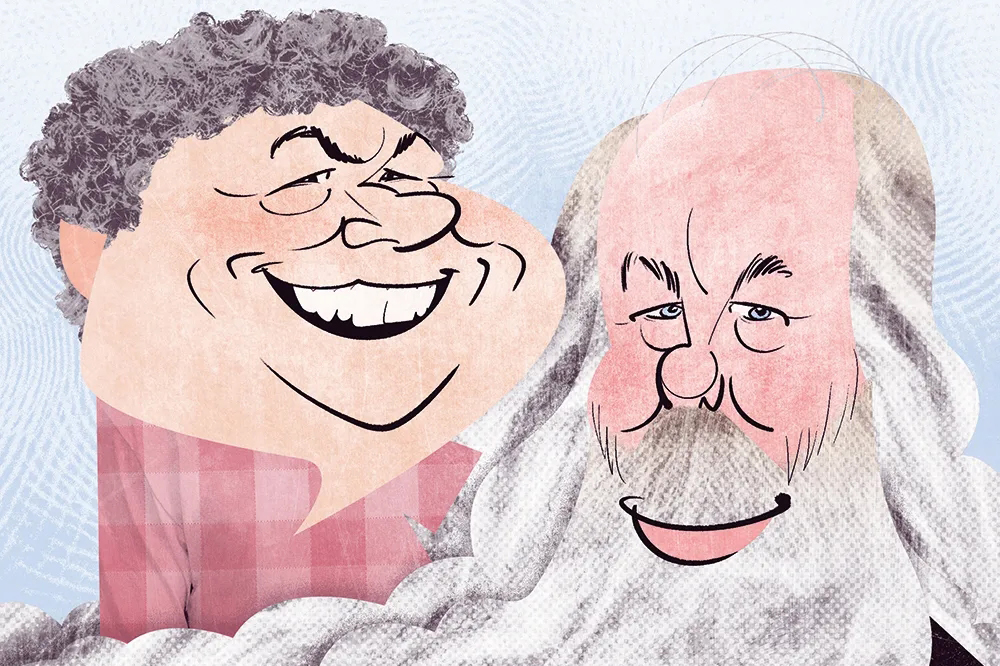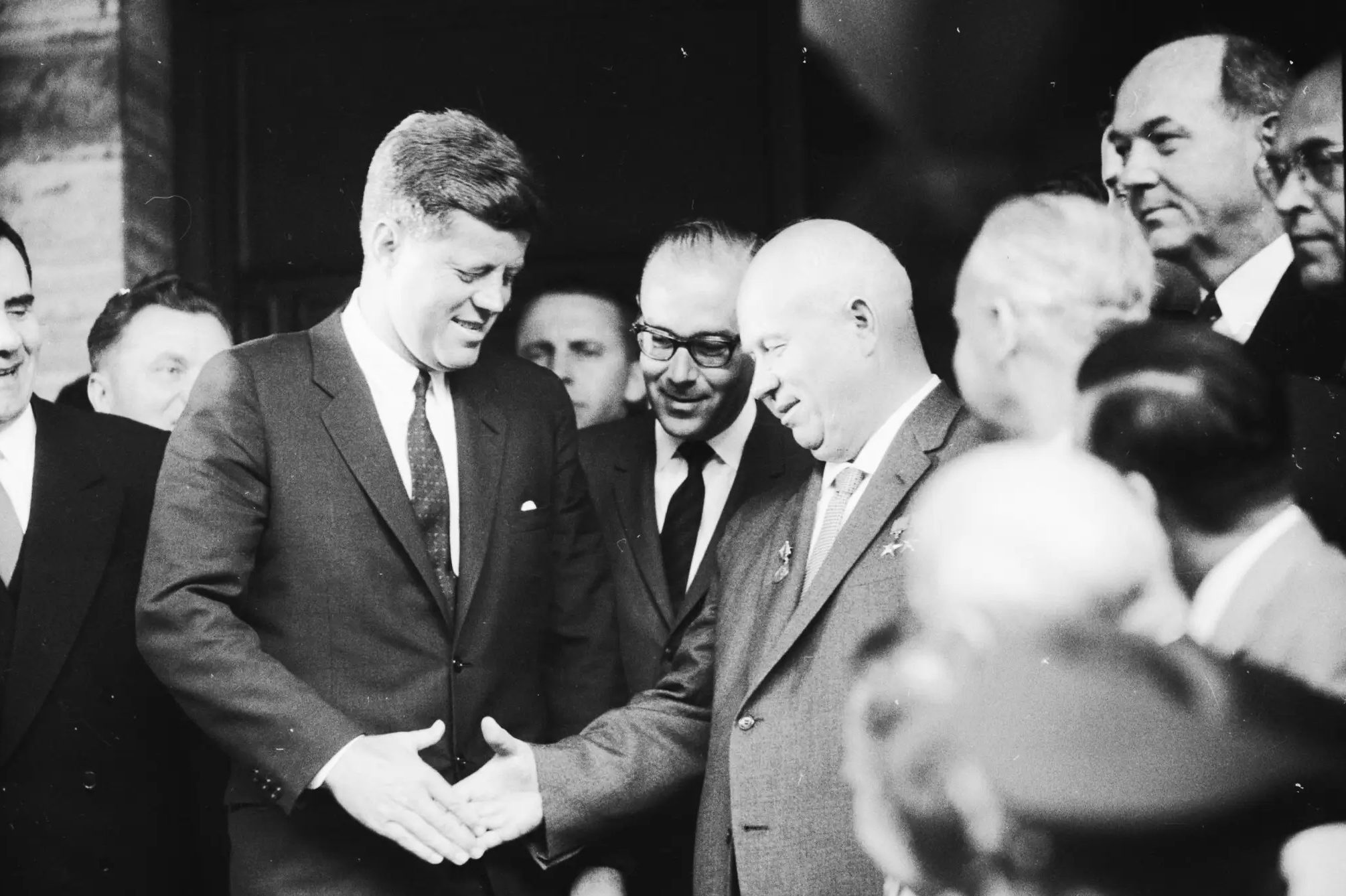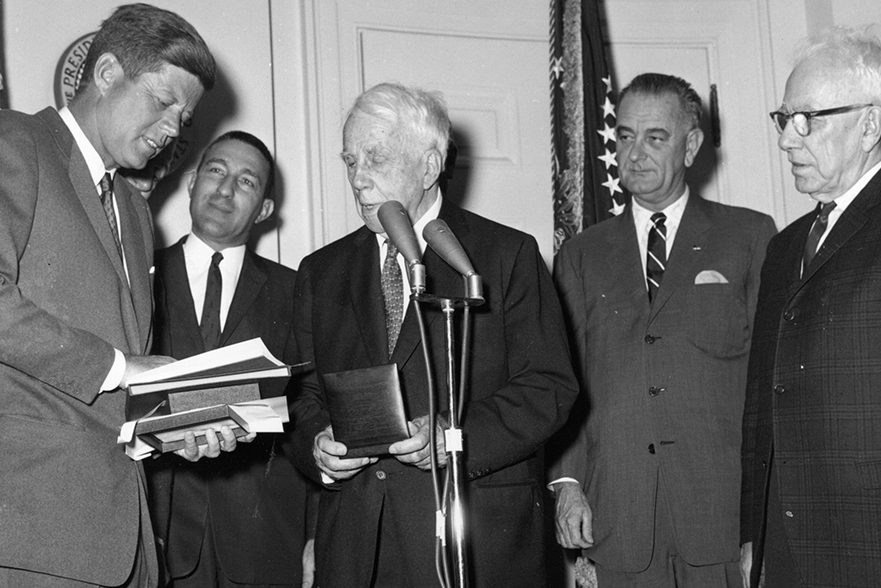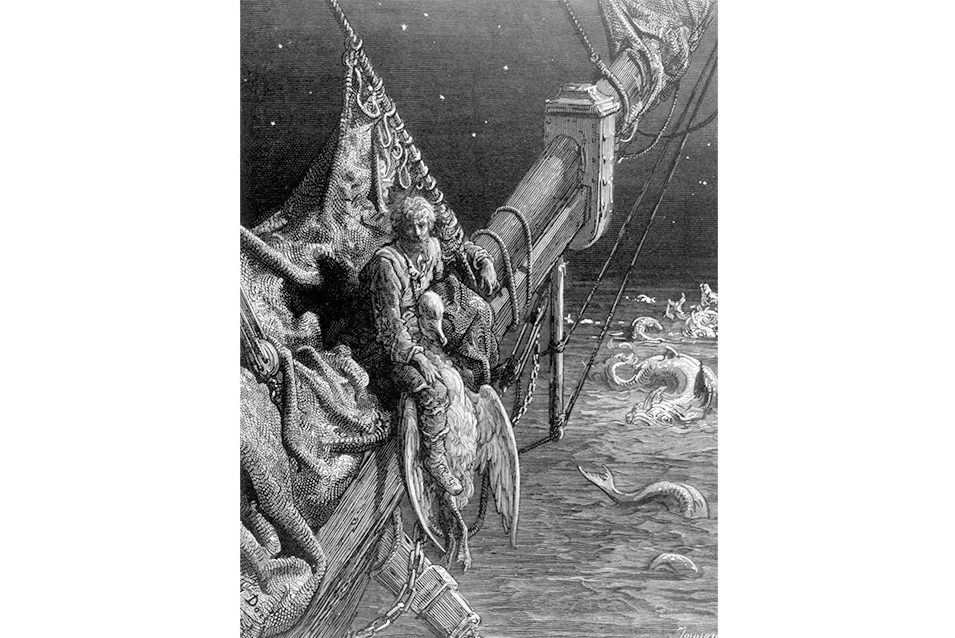This article is in The Spectator’s January 2020 US edition. Subscribe here.
Shelley famously and optimistically proclaimed that poets were the unacknowledged legislators of the world. Adorno famously and pessimistically declared that poetry was impossible after Auschwitz. In The Music of Time, his new study of poetry in the 20th century, John Burnside makes a rather more modest claim: that to write a poem at all is an act of hope.
By any standards, Burnside’s own career seems cause for hope in poetry’s capacity to transform at least one individual life. Born in 1955, into a working-class family in Dunfermline, Scotland, he did not start publishing until he was in his thirties, following an addiction-fueled breakdown and a subsequent attempt at a commuter-belt career in computing. The 14 books of poetry he has since published have impressed critics with their haunting eloquence and won him a clutch of major awards, including the Forward and T.S. Eliot prizes. Then there are his eight novels, plus his three volumes of memoir, in which, inter alia, he revisits his childhood, where books and culture were dismissed as ‘soft’ by his father, an emotionally damaged, hard-drinking builder’s mate given to acts of gratuitous cruelty.
As a work of historical criticism this new book is therefore a fresh departure for the indefatigable Burnside, currently Professor of English at St Andrews University, in Scotland. In order to appreciate it, you’ve got to choose not to be intimidated by its great length, or indeed by its references to Wittgenstein, Kierkegaard or Spinoza. Each chapter can in fact be read independently. The general tone — robustly intelligent, often emotionally astute and sometimes funny — makes the Spinoza references seem not just accessible but necessary.
Together these chapters form an implicit defense of old-fashioned liberal humanism as a philosophy, urging that we value individual human creativity as a potential bulwark against brutalism. Although this is not a manifesto, and Burnside is suspicious of anything that pretends to be a totalizing theory, he clearly has an underlying faith in poiesis to gesture toward something ineffable beyond the reach of run-amuck capitalism or robotics — whether it’s poetry per se or simply the quotidian human instinct to create.
Do not expect a textbook survey of 20th-century poetry. This is a highly idiosyncratic experiment and much less Anglocentric than one might have expected. Among the big-hitters writing in English, Eliot, Yeats and Plath get only passing mentions, though Auden features in fugitive passages of riveting but unflashy close criticism.
Instead, The Music of Time introduces us to many foreign works we are unlikely to have come across before, often in the author’s own translations, from countries as far afield as Argentina and Singapore. Meanwhile, it gives us intimate glimpses of work we may only have known of, rather than truly known.
Thus we are led step by step through, say, Marina Tsvetaeva’s devastating poem on the death of Rilke, in which the urge to commemorate destroys itself. We also meet the indigenous poets of the Spanish Civil War, less well known internationally, in a chapter introduced with a beautifully turned personal anecdote about the author’s chance haircut in Cambridge, England at the hands of an elderly Spanish barber. Burnside’s vivid passages of personal recollection — from the ice-flakes in the milk when he was a child to the unnerving starlight in the pampas — display his gifts for the sort of articulate, pragmatic lyricism that is the opposite of ‘fine writing’.
His musings on translation are spot-on. This is especially so when they encompass the creativity of dislocation which ensues when a writer has no choice, as a result of colonialism, but to write in a language not his ‘own’. Nor does Burnside shy from the attempt to confront poetry’s moral and political failures. Very few poets have had the moral genius of Seamus Heaney when confronted with sectarianism or bigotry. Any Arnoldian attempt to separate culture from anarchy is stymied by the queasy spectacle of Yeats’s flirtation with fascism or Ezra Pound’s rebarbative anti-Semitism.
One of the best chapters, written with admirable historical objectivity, concerns the fraught love-in between Robert Frost and President John F. Kennedy, who invited Frost, then a grand old man of letters, to recite at his inauguration. Frost fancied himself as Virgil to Kennedy’s Augustus, but lacked political nous. He then went to Russia to meet Khrushchev in the run-up to the Cuban missile crisis, but his naivety and vanity were played upon both by the Soviets and by Kennedy.
So what’s the point if poets are useless politicians and can’t understand science? As Samuel Beckett put it, all art fails. Acknowledging that failure is, Burnside might argue, the prerequisite for hope. The craft of poetry, as it emerges from this down-to-earth yet ultimately idealistic account, pays testimony to the intrinsic value of humanity and the age-old sense that we’re always searching for something beyond it.
This article is in The Spectator’s January 2020 US edition. Subscribe here.



